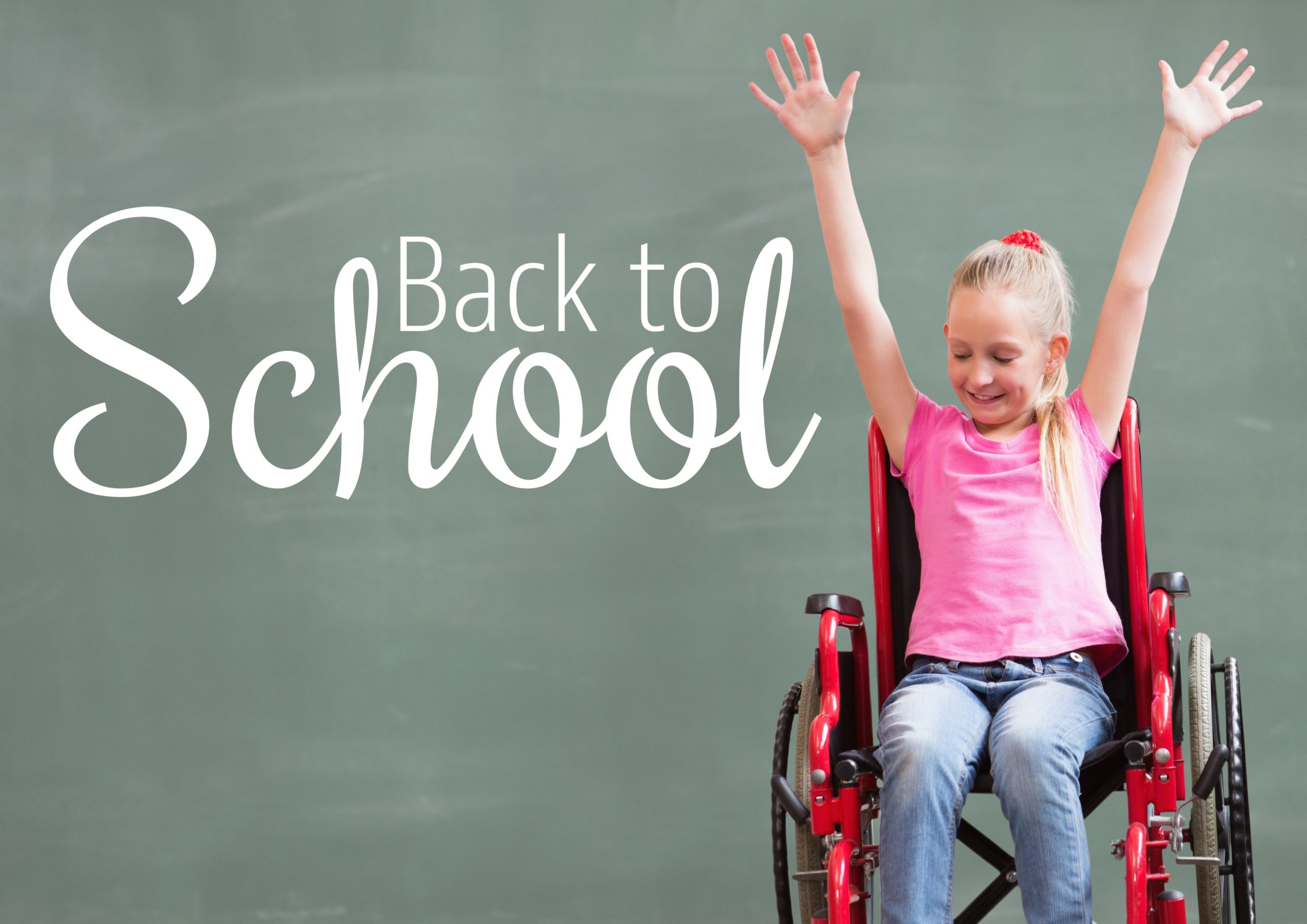Temperatures are soaring, yet the fall semester has already begun for some students in the United States. Other students will return to classes in the next few weeks. Though some youngsters look forward to the start of a new school year, for others, it triggers significant anxiety. In fact, “More than a quarter of teens report experiencing extreme stress during the school year,” according to the American School Counselor Association.
For children with special needs, anxiety can be significantly higher. For example, a 2015 study in the Journal of Autism & Developmental Disorders, found that “between 11 percent and 84 percent of people with autism also have an anxiety disorder.” Likewise, students with physical disabilities, who are unfortunately more likely to be bullied and stigmatized by their peers, may experience anxiety about the social pressures of school. What can parents do to relieve their anxiety? Here are some suggestions:
Check in with your child
This may seem like a no-brainer, but sometimes, in an effort to be up-beat, parents may gloss over their child’s concerns about the new school year. Before and after the school year begins, take time to explore your student’s feelings about school-related issues. If students exhibit more anxiety than seems appropriate, it’s time to work on a plan to address the anxiety.
Be aware of signs of anxiety
Not all youngsters are comfortable discussing their anxiety and some may not even recognize feelings of anxiety. Various behaviors and complaints may be signs that students are anxious. For example, notes the American School Counselor Association: “School nurses are often the first person in a school to recognize that a student making frequent visits to the clinic doesn’t have a physical aliment but rather anxiety.” Other signs of anxiety include “problems concentrating, missed deadlines, decline in participation, absenteeism and tardy arrivals,” says the ASCA.
Visit the school
Many students feel anxious when they don’t know what to expect. Visiting your child’s school and classroom and teacher go a long way toward reducing anxiety.
Encourage healthy habits
Anxiety can increase when students miss sleep or meals. Help children to transition to a school-appropriate schedule of sleeping and eating in the week before school starts.
Teach self-regulation
Though not all students are capable of practicing relaxation and/or mindfulness techniques, those with the capacity to do so, can benefit greatly from positive self-talk, deep breathing exercises and even daily meditation practice. In fact, a 2016 study found that people with intellectual disabilities benefit from a structured MBCT (mindfulness-based cognitive therapy) group intervention and the improvements were maintained at six-week follow-up.”
Keep teachers apprised
If your child has special needs, advocating for him and his education is probably nothing new. Make sure your child’s teachers and therapists are aware of your child’s behavioral, intellectual and physical challenges and work with them to devise a viable plan to deal with them. If possible, meet with your child’s teachers and therapists before the start of the school year, so plans are in place before he begins school.
Address your child’s class
If your child is mainstreamed, and only if she agrees to it, consider making a presentation to her classmates about her disability. If she is able, your child may want to make the presentation herself, or may join you in making it. The Pacer Center finds “one of the best ways to teach children about a disability is to talk to them at school.” In fact says Pacer, “for many families, presenting at school is an annual event.” Presentations can include discussion of why your child may look different from her classmates; the ways in which your child is similar to her classmates; and tips on how classmates can interact with your child, says Pacer. Stigma and bullying are frequently the result of ignorance and fear. Once other students understand your child’s disability, they may be more inclined to befriend her, and less inclined to bully or exclude him.
Find help
If despite your best efforts your child’s anxiety continues to be a problem, don’t hesitate to seek help. Counseling and in some cases, medication, can make all the difference when it comes to controlling your child’s anxiety and easing the transition into the new school year.


